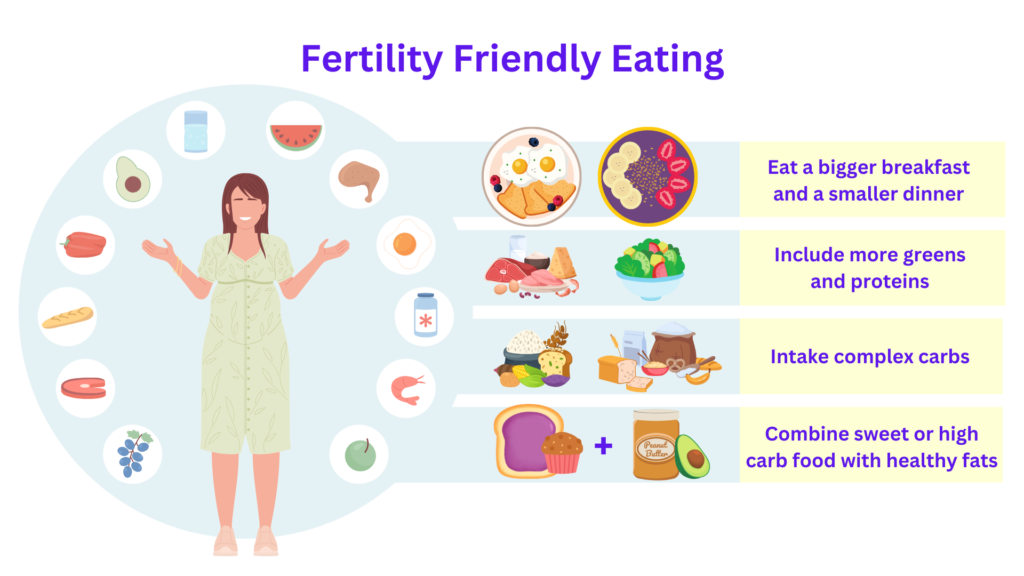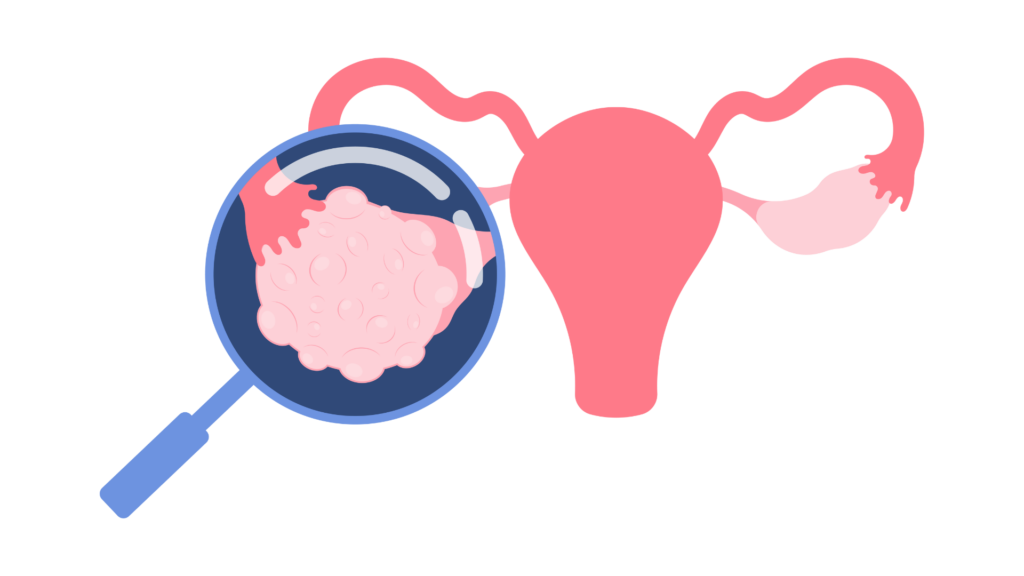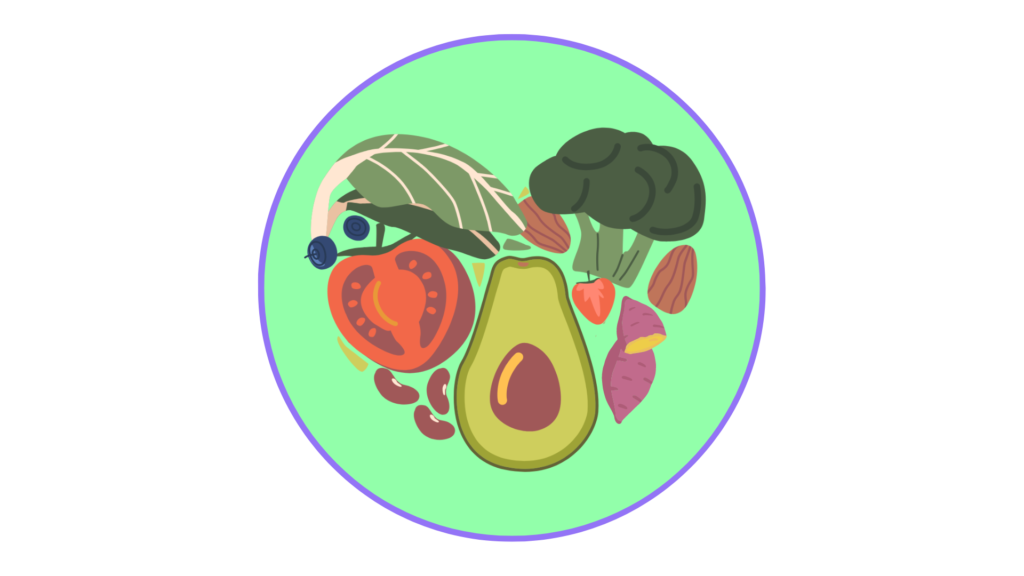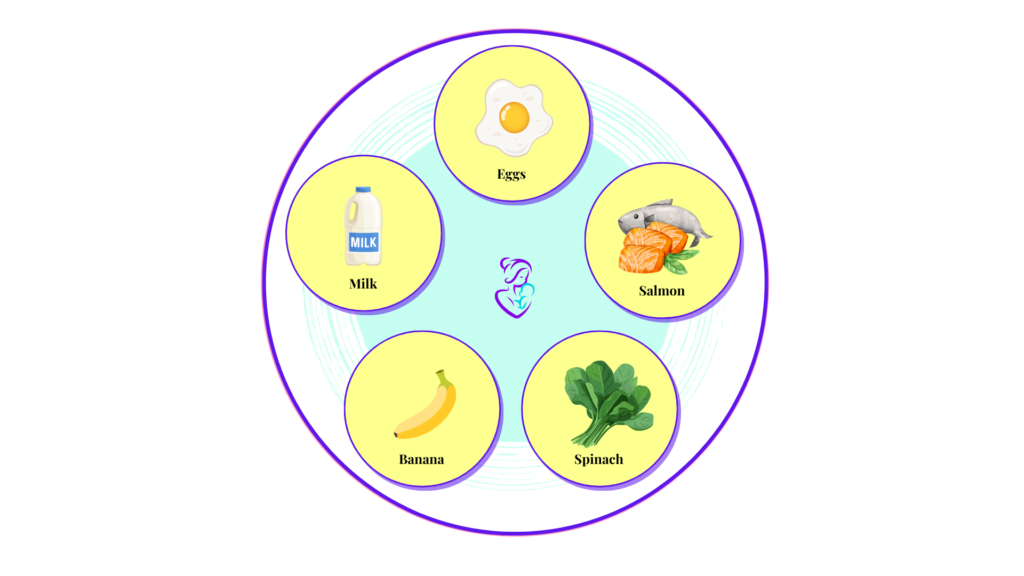Pregnancy with PCOS
Lifestyle Changes and Remedies
Published : 25/04/2024
Last updated: 15/07/2024
A common cause for infertility is Polycystic Ovarian Syndrome (PCOS), Research suggests that 5% to 10% of females between 18 to 44 years of age are affected with this abnormality.
Studies show that more than 50% of patients with PCOS, develop prediabetes or diabetes, and there is an increased risk of myocardial infarction (MI), dyslipidemia, hypertension, anxiety, depression, endometrial cancer, and sleep apnea and these can cause irregularities in ovulation for women [1].
Changes in lifestyle can help overcome this problem. However, fertility medications, IVF or egg donation are also available to help those with PCOS conceive. Lets discuss on possible natural remedies that can help before you decide to go medical intervention.
Restarting ovulation with weight loss
PCOS can affect how our body process insulin, this is why many people with this issue struggle with unwanted weight gain or obesity [2]. Women with PCOS and overweight problems are more likely to experience severe anovulation (absence or lack of ovulation for months).
Research has observed that losing 5% to 10% weight can help jump-start menstruation and ovulation [3], for women who are overweight due to PCOS. However, there isn’t much evidence to support that weight loss alone can help conceive, but it does increase the chance of getting pregnant.
Healthy diet and Exercise
Eating healthy is important for people with PCOS, firstly to avoid becoming overweight and secondly due to their bodies inability to regulate insulin properly.
It’s still debatable, which diet is best for PCOS, but it is important to make sure that your diet contains nutrient-rich foods, adequate protein and low on high-sugar foods. Avoiding junk food and processed foods is your best bet.

Regular exercise has also been found to help with PCOS symptoms. In one study, a combination of regular brisk walking and eating a healthier diet improved menstrual cycle regularity by 50%. [4].
Whether diet and exercise alone will help you conceive isn’t clear. However, a healthy lifestyle may help your fertility treatments work better, and it will certainly help you feel better overall. Like weight loss, it’s worth the effort if you want to get pregnant.
Medications
Some people with PCOS will need medications to treat the condition and/or to help them conceive. In some cases, your family doctor or obstetrician/ gynecologist can prescribe these. Or, you may need an endocrinologist or fertility specialist.
Metformin
If PCOS has made you insulin-resistant try consulting your doctor and get confirmation if taking metformin (diabetes drug) is suitable for you. This drug is actually an off-label use for for PCOS because it helps treatment of insulin resistance. But sometimes prescribed to women who have PCOS since it may [5]:
- Promote weight loss
- Restart regular menstrual cycles
- Improve the effectiveness of some fertility drugs
- Reduce the rate of miscarriage (in those with repeated miscarriage)
Clomid
Clomid is the most commonly used fertility drug, commonly used treatment, for patients with PCOS. It is ovulatory stimulating and used for irregular ovulation, PCOS related infertility or anovulatory cycles (menstruation without ovulation).
Unfortunately, it’s not successful for everyone, since Clomid does not trigger ovulation always . Studies have observed that a controlled amount of metformin and Clomid may help beat Clomid resistance[7].
Letrozole
If metformin and Clomid are not successful, your doctor may consider the drug letrozole. Also known by its brand name Femara.
Although it is not a fertility drug and is actually a approved by FDA as a breast cancer medication. It is frequently used as an off-label treatment for PCOS. Since, studies have found that it may be more effective than Clomid at stimulating ovulation, has fewer side effects and lower risk of multiple pregnancies for women with PCOS [8, 11].
Don’t be scared off by the fact that the drug is originally intended as a cancer drug. The side effects are relatively mild, and it has been heavily researched in people who are trying to conceive.
Gonadotropins
If Clomid or letrozole is not successful, the next step is injectable fertility drugs or gonadotropins. Gonadotropins are made of the hormones FSH, LH, or a combination of the two.
One of the possible risks of gonadotropins is ovarian hyperstimulation syndrome (OHSS). This is when the ovaries overreact to the fertility medication. If untreated or severe, it can be dangerous. People with PCOS are at a higher risk of developing OHSS [9].
Your doctor may use lower doses of injectable fertility drugs to avoid this. Ideally, your doctor should use the lowest effective dose. During treatment, if you have any symptoms of OHSS (such as rapid weight gain, abdominal pain, bloating, or nausea), make sure to tell your doctor.
IVF and IVM
If gonadotropins are not successful, the next step is IVF (in vitro fertilization) You’ve likely already heard of IVF. It involves using injectable fertility drugs to stimulate the ovaries so that they will provide a good number of mature eggs.
As with gonadotropin treatment alone, one of the risks of IVF, especially in people with PCOS, is overstimulation of the ovaries. That’s where IVM comes in.
IVM stands for in vitro maturation. Instead of giving you high doses of fertility drugs to force your ovaries to mature many eggs, The doctor retrieves immature eggs from the ovaries, and then matures these eggs in the lab [10].
A Gentle Nudge from Mammas Journey
PCOS is a common abnormality now a days, and there are a lot of remedies for this. It will take some time and effort but it will bring results. Talk with you doctor and get personalized advice for its treatment.



